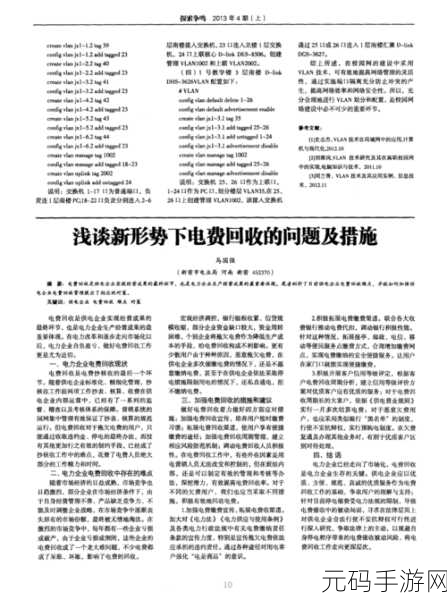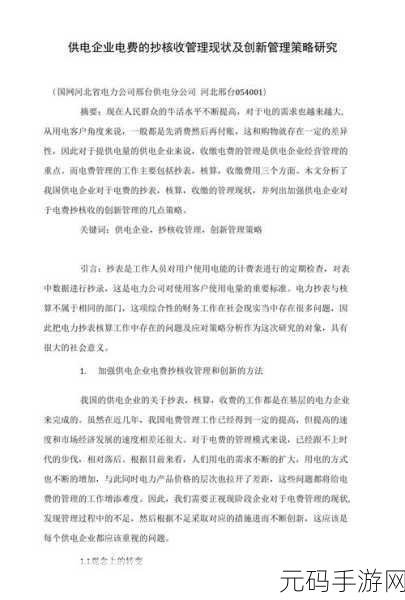理论电费的基本概念
理解理论电费是掌握电力市场的重要基础。它指的是在理想情况下,消费者所需支付的电价,不受实际供给和需求波动影响。这一价格通常基于生产成本、传输费用以及其他相关因素进行计算。在韩国,由于能源结构多元化,理论电费变得尤为复杂,这直接影响到消费者的用电支出。
韩国的能源构成与挑战
不同类型的能源对国家经济及环境产生了重要影响。尽管可再生能源正在逐渐增多,但煤炭和天然气依然占据较大份额。这种混合型能量供应模式使得预测未来几年的理论电费充满不确定性。例如,当国际油价上涨时,发电成本随之增加,从而推动整体用户负担上升。此外,随着环保政策日益严格,可再生资源比例提升也会促进系统调整,让人们关注如何优化使用效率以降低开销。

消费行为与节能措施
个体用户可以通过合理管理自己的用 electricity consumption 来降低账单。例如,在高峰时段尽量减少耗能设备操作,有助于减轻财务压力。此外,引入智能家居技术,如自动调控温度或灯光等,也能够有效提高家庭内耗材利用率。这样的改变不仅有利个人财政,还间接推动整个社会朝着更低碳排放目标迈进,为环境保护贡献力量。
政府政策与补贴机制
Korea’s government has initiated various policies aimed at抑制energy costs and support sustainable development. For instance,提供对绿色技术投资者税收优惠,并鼓励居民选择太阳能板安装。同时,通过实施动态定价策略,使消费者根据实时价格做出灵活决策,以应对市场变化。这些细致入微的发展计划旨在平衡经济增长与生态保护之间关系,提高公民生活质量,同时控制长期运营费用。

未来趋势:智慧城市发展中的应用
The concept of smart cities is gaining traction in South Korea, emphasizing the integration of digital technology into urban infrastructure to optimize energy use. By leveraging IoT devices, city planners can monitor real-time data on electricity consumption patterns more accurately. This information not only helps reduce waste but also aids in predictive analysis for future power needs, ensuring that supply meets demand efficiently without unnecessary cost increases.
User Engagement: Understanding Consumption Patterns through Apps
A growing number of applications focus on educating users about their energy usage habits. These tools often provide personalized recommendations based on historical data and current trends. Users are encouraged to actively participate in energy management by tracking their monthly expenditures or comparing them with neighborhood averages—an effort towards fostering a community-conscious approach to resource conservation.
### 热点话题 1. 韩国可再生能源政策的新动向 2. 智慧城市建设中的科技创新 3. 家庭节能产品评测


